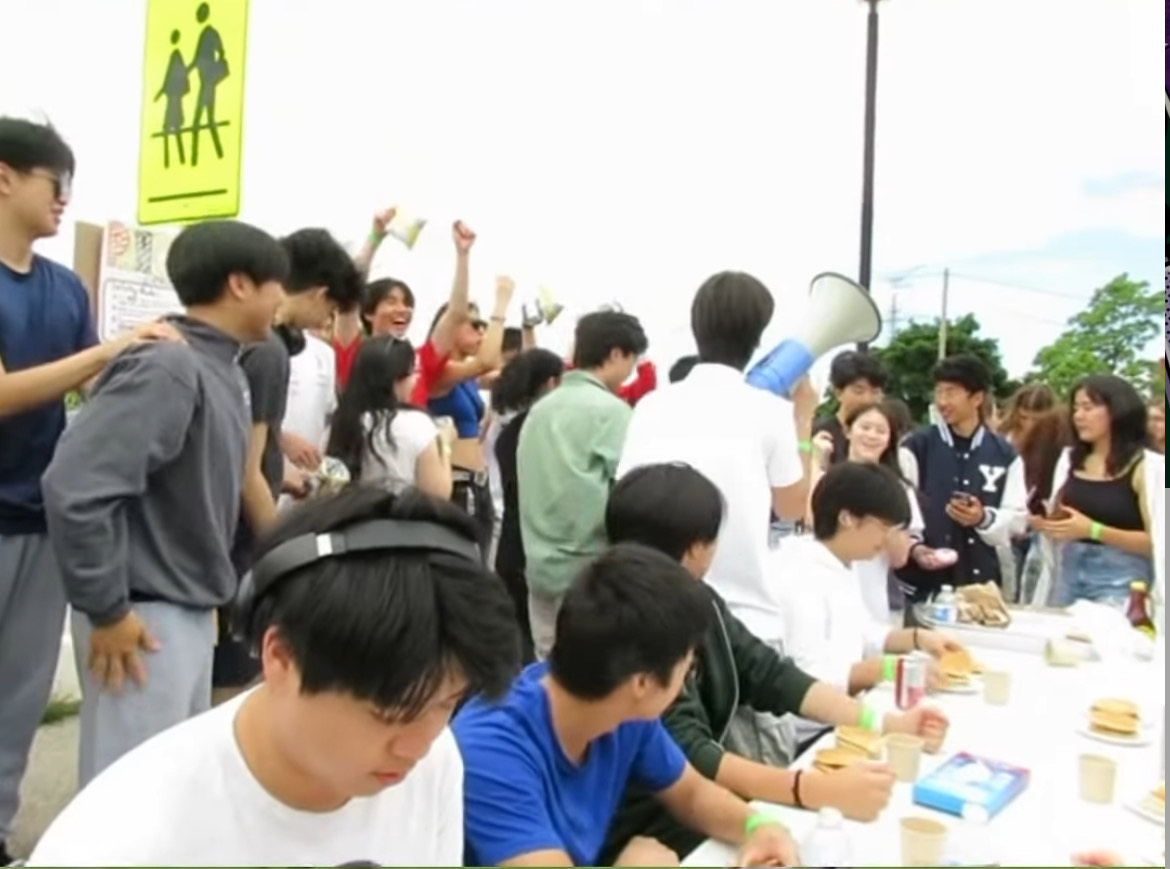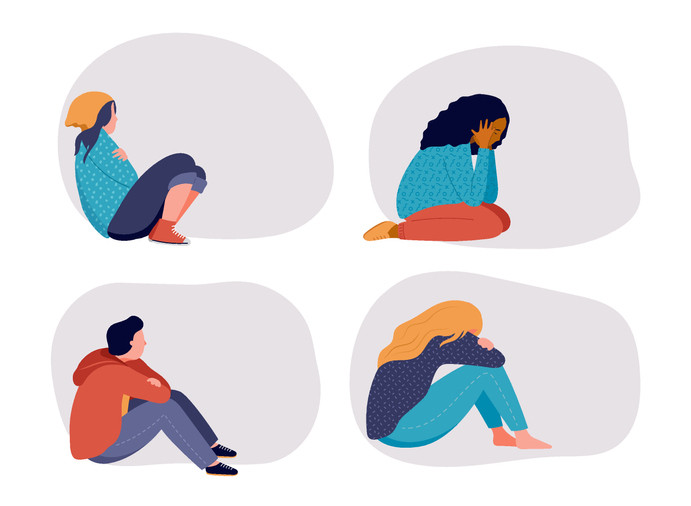
Aaliyah Zhou (9) | Staff Reporter
On May 21 and May 22, St. Robert’s Cafe Club and Chaplaincy Council ran bake sales at which each confection, priced at $2 an item, highlighted a particular one of the seven heavenly virtues.
St. Robert CHS Student News

Aaliyah Zhou (9) | Staff Reporter
On May 21 and May 22, St. Robert’s Cafe Club and Chaplaincy Council ran bake sales at which each confection, priced at $2 an item, highlighted a particular one of the seven heavenly virtues.

Trevor Wu (11) | STAFF REPORTER
I know many of you guys are probably planning to skip Sharelife day, but I’m here to change your mind! This year Sharelife will be held on June 5th, a Friday filled with laughter and excitement! There will be countless activities and events held by our councils, ensuring that you enjoy your time! Make sure to take advantage of this opportunity to donate to a good cause, and spend time with friends! It will cost $10, which gives you all access to the activities, a burger, chips, pop, and popcorn! The payment is made through School Day, but make sure to sign up quickly, as it’s due by May 30th.

Parnian Esmaeilishayeh (12) | STAFF REPORTER
In 2021, Nova Scotia implemented an opt-out system for organ donation. This means that unless an individual opts out, they are an organ donor (“Request to opt out of organ and tissue donation”). Many other provinces in Canada are considering whether this system is ethical. In 2020, 276 people died waiting for organ transplants (Canadian Blood Services). Upon implementing an opt-out system, organs will become less scarce and more lives will be saved. Mandatory organ donation increases the availability of organs by raising awareness of the significance of organ donations, making it easier to become an organ donor, and normalizing organ donation.

Angela Xiao (9) | STAFF REPORTER
While our world is continuously changing and growing, there is still one question yet to be answered. Regardless of age, gender, or ethnicity, this long history of debate has divided up many. Of course, it is none other than the long rivalry between cats and dogs, with the question remaining of which is better.

Eva Guo (10) | STAFF REPORTER
As society treads the path towards equality and fairness, especially regarding gender, one unjust roadblock stands in the way: the pink tax. This term refers to the higher price of women’s products in comparison to those of their male counterparts — razors, deodorants, and most concerning of all, feminine hygiene products. These price differences are not only unfair but also unethical.

Serena Ahmad (9) | STAFF REPORTER
There are various support systems implemented to aid teens with their mental health. However, the number of mental health issues among teens continues to grow at an alarmingly high rate. As the problem becomes louder, society becomes quieter by putting in weak efforts to support the crisis.

Trevor Wu (11) | STAFF REPORTER
Through the week of May 5-11, our school held the board wide education week! Catholic education week is an annual event that celebrates the privilege and various contributions to have publicly funded catholic education. For this year’s catholic education week, the theme is “We are called to Love.”

Aaliyah Zhou (9) | Staff Reporter
From April 26 to April 29, the St. Robert DECA team experienced an outstanding week in Orlando, Florida, where the team represented Ontario DECA at the International Career Development Conference (ICDC). After months of preparation for role plays and exams, the team’s hard work was met with remarkable success, with 17 students of the team’s 22 finalists placing in the Top 10 globally! Among these achievements were a 1st place and 2nd place award in the SEM and BTDM events, respectively.

Timothy Wu (11) | Staff Reporter
On May 9, 2025, the school library transformed into a battleground of color and chaos as the Board Games Club hosted its first official UNO Tournament. With 32 participants, the event was packed with tense moments and dramatic comebacks as players battled their way to the top.

Lancy Wang (9) | STAFF REPORTER
This May, St. Robert’s Breaking the Silence club is kicking off a 30-day self-care challenge in honour of Mental Health Month. Students are invited to take part in daily wellness activities, from enjoying a favourite homemade beverage to taking a 3-hour internet detox.